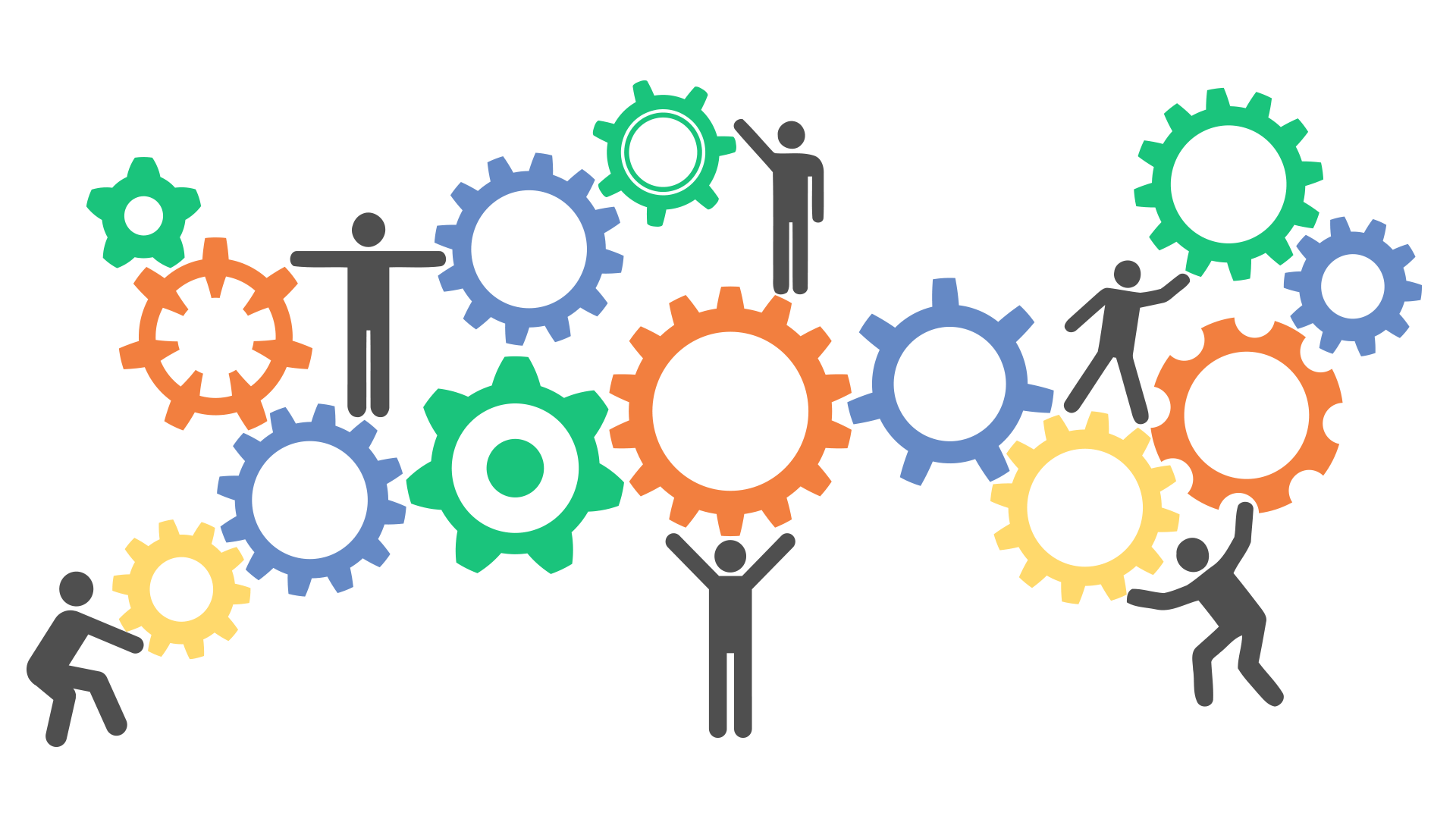Experiential learning, also known as hands-on or active learning, is a teaching approach that involves students actively participating in and reflecting on their own learning experiences. This approach has been shown to have a number of benefits, both for students and educators. Here are seven points to consider when thinking about the benefits of experiential learning:
- Experiential learning promotes critical thinking and problem-solving. By actively participating in their own learning, students are more likely to engage in higher-order thinking skills such as analyzing, synthesizing, and evaluating information. This can help students develop the skills they need to become independent learners and lifelong learners.
- Experiential learning enhances retention and understanding. Research has shown that students are more likely to remember and understand information when they are actively involved in the learning process. This is because experiential learning engages multiple senses and involves a greater level of interaction with the material being learned.
- Experiential learning encourages collaboration and teamwork. Many experiential learning activities involve working with others, whether it be in small groups or as part of a larger team. This can help students develop important social skills such as communication, cooperation, and conflict resolution.
- Experiential learning promotes real-world application. By participating in hands-on activities and projects, students have the opportunity to apply their learning to real-world situations. This can help them see the relevance and value of what they are learning and develop a greater sense of purpose and motivation.
- Experiential learning fosters creativity and innovation. Experiential learning often involves open-ended tasks and problems, which can encourage students to think outside the box and come up with creative solutions. This can help students develop the skills they need to succeed in an increasingly dynamic and fast-paced world.
- Experiential learning promotes personal and professional development. Experiential learning can help students develop important personal and professional skills such as leadership, time management, and self-awareness. These skills can be valuable for both personal and professional success.
- Experiential learning can be enjoyable and engaging. When students are actively involved in their own learning, it can be more enjoyable and engaging for both them and their teachers. This can help create a positive and dynamic learning environment that promotes student success.
Overall, the benefits of experiential learning are numerous and varied. By actively participating in their own learning, students can develop critical thinking skills, retain and understand information more effectively, collaborate and work with others, apply their learning to real-world situations, foster creativity and innovation, and develop personal and professional skills. This approach to learning can be enjoyable and engaging for both students and teachers, and can help create a positive and dynamic learning environment.









